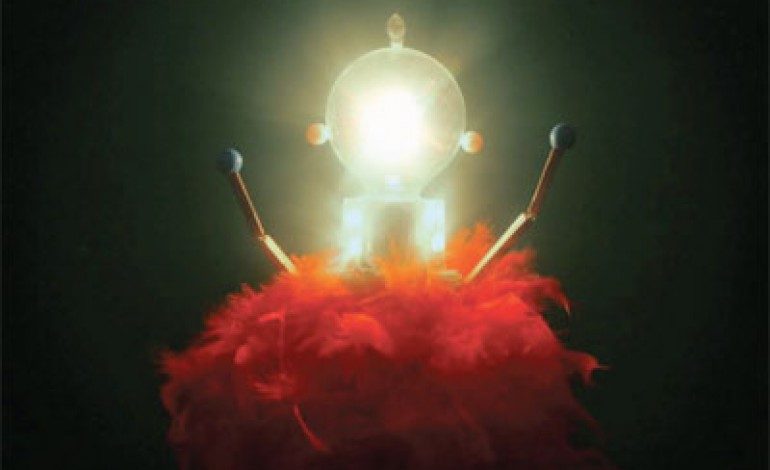

Emotional Chamber-Folk
After bursting into the forefront of the independent music scene with a trio of adventurous and experimental chamber-pop albums, Patrick Watson and his eponymous band dialed it down a notch for 2012’s well-received Adventures in Your Own Backyard. Returning for what amounts to the Montreal, QB band’s fifth full-length, Love Songs for Robots sees the band unable to resist their penchant for rich instrumental flourishes, albeit in a less “out there” manner than their first three records displayed.
Recorded at the legendary studios of the Capitol Records building in Hollywood, Patrick Watson took full advantage of the ample musical resources at their disposal. With the backing of Mishka Stein, Robbie Kuster and Joe Grass, the emotive falsetto of Watson is framed by swelling crescendos and attention-grabbing interludes. In addition to the flawless production offered by recording at a big-budget studio, it makes Love Songs for Robots one of the most beautifully-sounding releases of the year. This lush instrumentation is on best display on the mid-album centerpiece “Grace,” which repeatedly shifts dynamics and must have required every single instrument in the building.
Despite having near-opposite musical trajectories, Damien Jurado is the artist that immediately comes to mind as treading the most similar musical terrain. A few years ago, Jurado “got weird with it” and went all-in on the effort to tweak his desolate and depressing folksy songwriting into the spacey folk-rock of Brothers and Sisters of the Eternal Son; meanwhile, Patrick Watson has toned down the experimentation and composed straightforward strains of their chamber-pop. The similarities are most obvious on the first three tracks of the album, “Love Songs for Robots,” “Good Morning Mr. Wolf” and “Bollywood.”
With a linear composition that contains hook-filled passages tumbling all over themselves, “Hearts” is the early album highlight. It begins simply enough with a fast-paced fingerpick riff gliding up and down the fret-board, matching Watson’s wistful vocals. It then hits a bridge that introduces a thumping bass drum and flourishes of toms, building as the rest of the band joins in the mix. Suddenly, there is a dynamic shift to a muted, staccato guitar riff that is accompanied by lyrically-and-sonically uplifting vocal work.
Despite all of these shifts, “Hearts” does not even reach its climax until the three-minute mark, when the boy/girl vocals join the swelling, anthemic instrumental that recalls the early days of fellow-Montreal indie band Arcade Fire. Along with “Grace,” the similarly single-word-titled song, these tracks stand out among what could be categorized as pleasant-if-forgettable experimental folk-pop heard on Love Songs for Robots.
